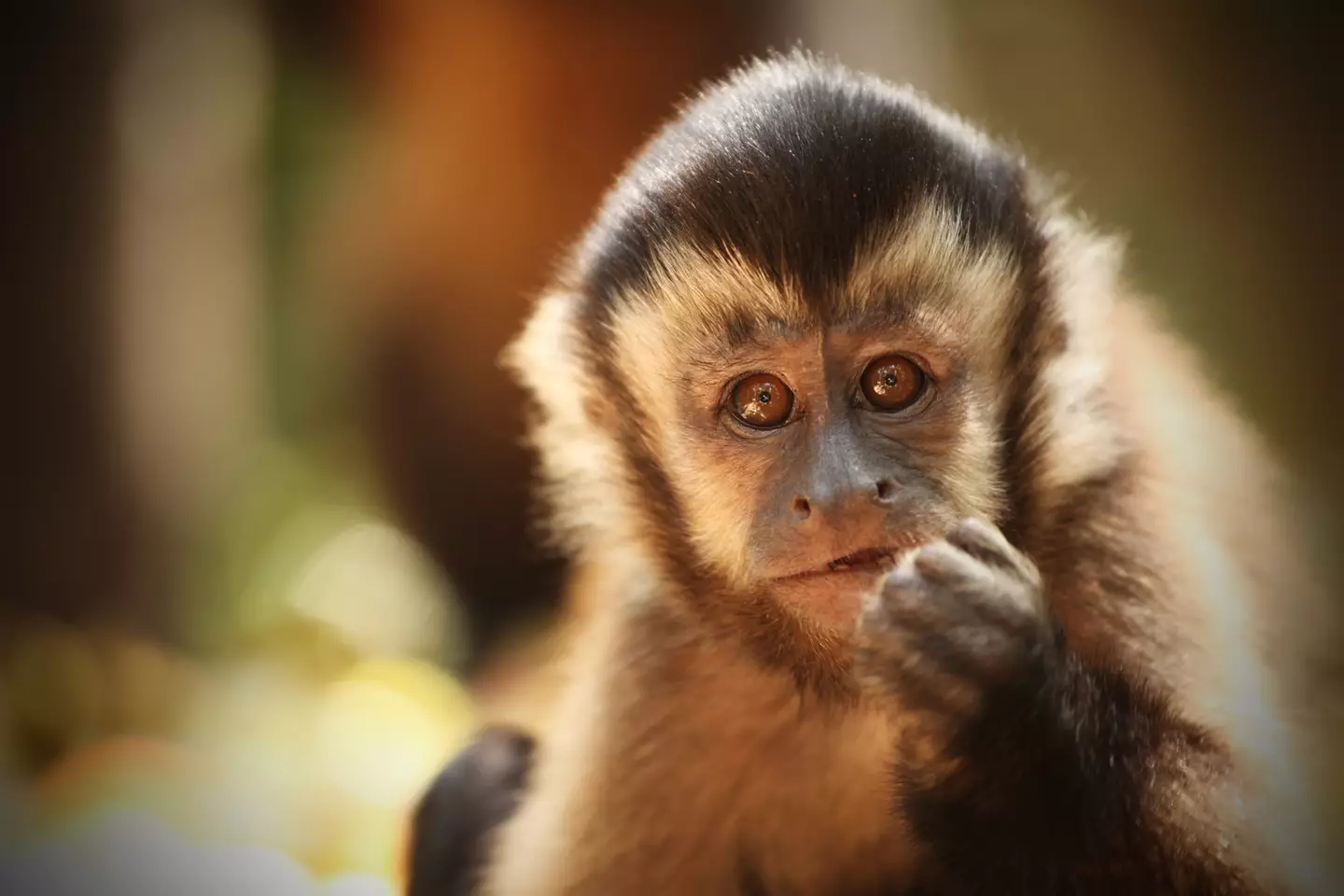
Everyone copes differently in high pressure situations.
Some excel when under stress, while many of us may become overwhelmed, which goes on to negatively affect our performance.
It's been unclear why this happens and what goes on in our brains in these situations - until now.
A newly published study used three monkeys to compete tasks to get a reward.
Advert
Yes, incentives can often boost a person's performance, but when the stakes are too high, we may 'choke under pressure' - something which was proven with the monkeys.
Three rhesus monkeys were analyzed doing tasks for their rewards; in this case the reward was water.
When the primates were given the chance to earn a medium or large amount of water, researchers found that their performance improved. However, when they were given the chance to win an unusually large jackpot, as such, their performance wasn't as good.
The tasks given were to measure the monkeys speed and accuracy, and it was found that both of these things were negatively impacted when the jackpot prize was at stake.
As the experiment was happening, researchers were tracking the monkeys' brains and its cells with implanted electrodes, and it was found that the animals were overly cautious when the big prize was up for grabs.

In particular, their 'motor preparation' was effected (when the cells prepare to perform a task or execute a motion).
First study author Adam Smoulder, a doctoral student at Carnegie Mellon, explained to LiveScience: "They were too slow. It was as if they were worried about missing the target and focusing so much on what they were doing that they'd run out of time."
A similar study by Georgia State University in 2022 that looked into the idea of animals also 'choking under pressure' found similar results.
Researchers analyzed tufted capuchin monkeys who were given a computerized matching task.
Some tasks were harder with a higher reward and a timeout consequence for incorrect answers, while the other trials were typical in difficulty to their usual computer tasks.

They went on to find that there was 'significant variation in how individual monkeys responded to these trials when the difference in difficulty was removed', suggesting that for some monkeys high stakes may impact their performance.
The study’s lead author, Georgia State Ph.D. candidate Meg Sosnowski said, as per the university website: "There are several different explanations for why humans might 'choke' or 'thrive' under pressure, but all of these explanations have traditionally considered this sensitivity to pressure to be a human-specific trait.
"Our new results provide the first evidence that other species also might be susceptible to this influence of pressure, and that our responses to that pressure are, in part, the result of individual variation in an evolutionarily common stress response."
Topics: Animals, Life, Psychology, Science, Technology, World News